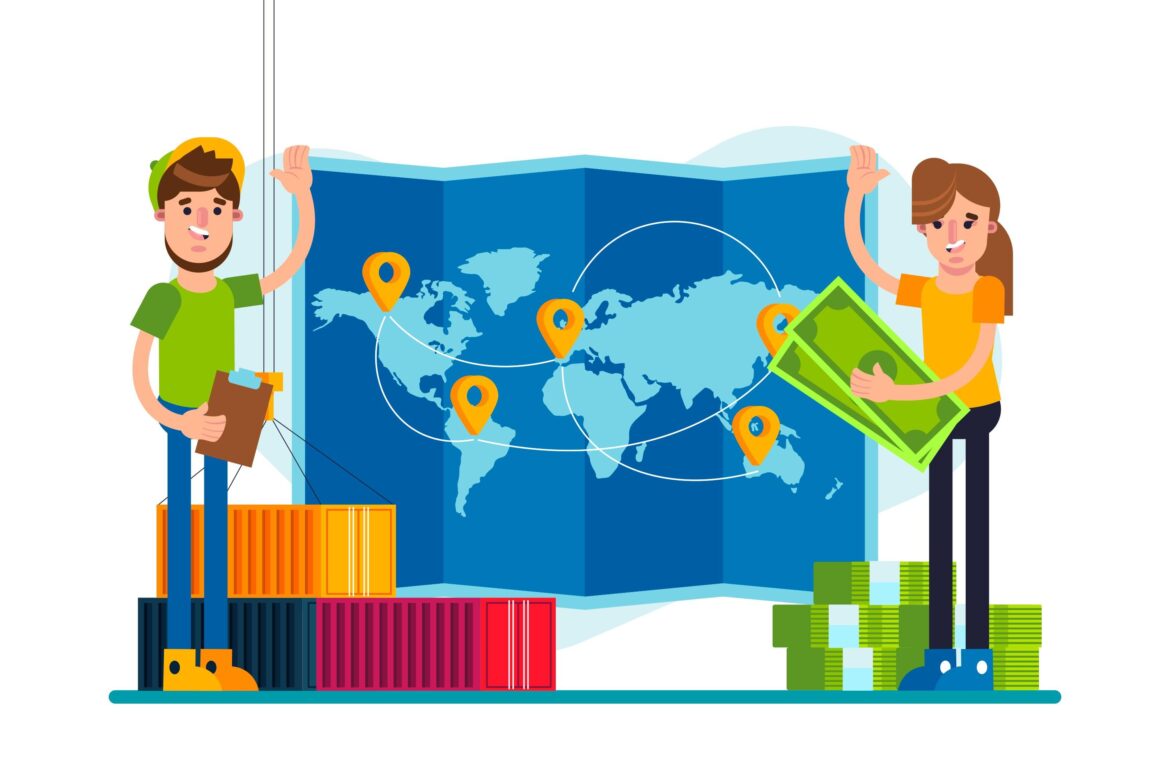A top HSBC trade official visiting Dhaka has urged Bangladesh to widen its export base by moving into low and mid-tech industries instead of relying mainly on ready-made garments. Aditya Gahlaut, head of Asia for Global Trade Solutions at HSBC, noted that garments have created jobs and foreign earnings, but global demand is shifting and the country can gain by building new sectors. He pointed to opportunities in footwear, toys, machine tools, agricultural products and bicycles as examples where Bangladesh already has skills and can grow more quickly if it focuses on policy and investment. Gahlaut said that lowering trade barriers and encouraging imports of key inputs can help local firms become more efficient and innovative, because access to parts and machines makes it easier to move up the value chain. Many manufacturers learn when they face competition and when they can buy intermediate goods from abroad rather than produce every part at home. The official also highlighted how trade trends are changing: firms now choose suppliers by looking not only at cost but also at speed, resilience and environmental practice. That view opens chances for Bangladesh to attract new buyers that care about quick delivery, stable supply and cleaner production as well as price. Businesses can respond by investing in better machines, training workers and using digital tools to manage orders and finance. Banks and trade partners can help by offering credit, supply chain finance and online tools that make paperwork faster and payments safer. Greater use of digital platforms can cut delays, let small exporters show their products to buyers around the world, and make it easier to get paid. To sustain growth, the country will benefit from trade agreements that lower uncertainty and help exporters reach new markets in Southeast Asia, the Middle East, Europe and North America. Companies that plan smartly can use regional demand and global firms’ interest in diversifying suppliers to win new contracts and build long-term partnerships. Small and medium firms that focus on quality, timely delivery and simple green steps can become reliable makers for larger brands and gain steady export income. The shift opens chances for local suppliers, parts makers and service providers to grow around new factories, which creates more jobs in towns and cities beyond the capital. The change will not happen overnight, but with clear policy, better access to parts and finance, and stronger links with foreign partners, Bangladesh can move up from basic assembly to making more valuable goods. This change can help small firms climb value chains, adopt better processes and link with global buyers. With training, quality control, small green steps and easier access to finance, firms can meet buyer standards and win repeat orders.
Bangladesh urged to broaden exports into mid-tech sectors for jobs and growth
34


